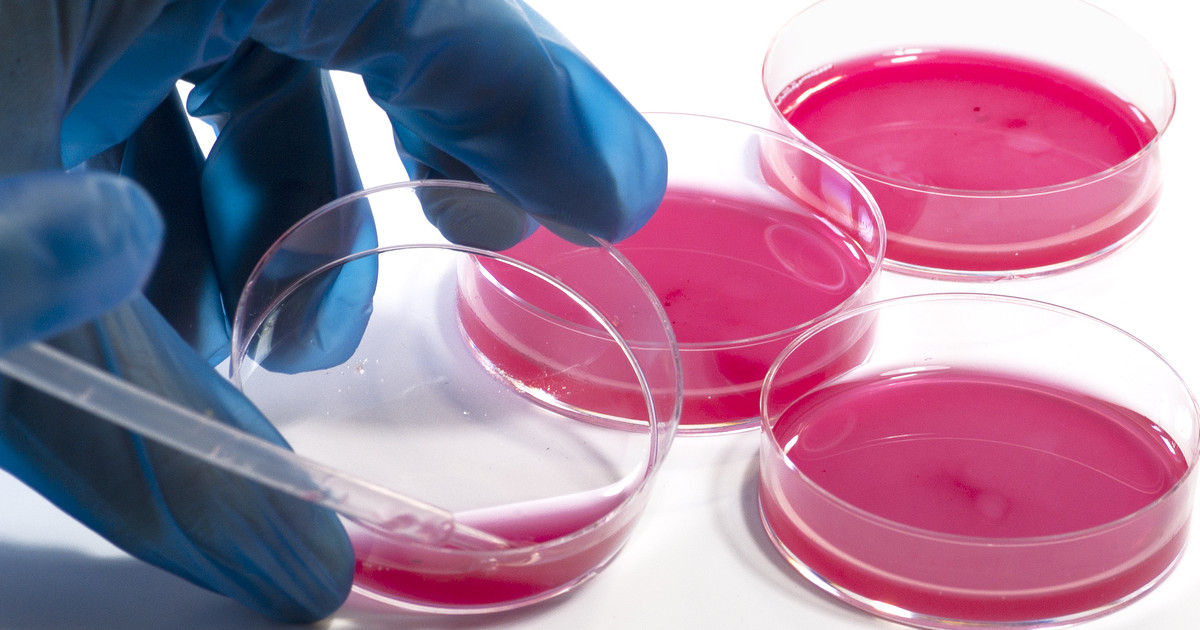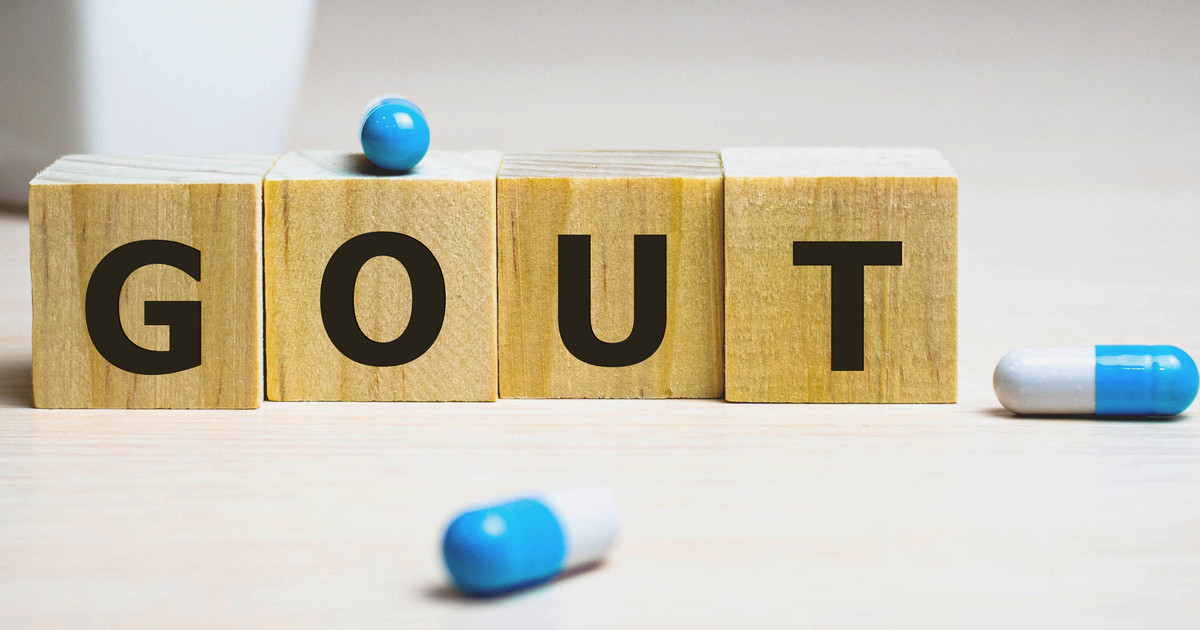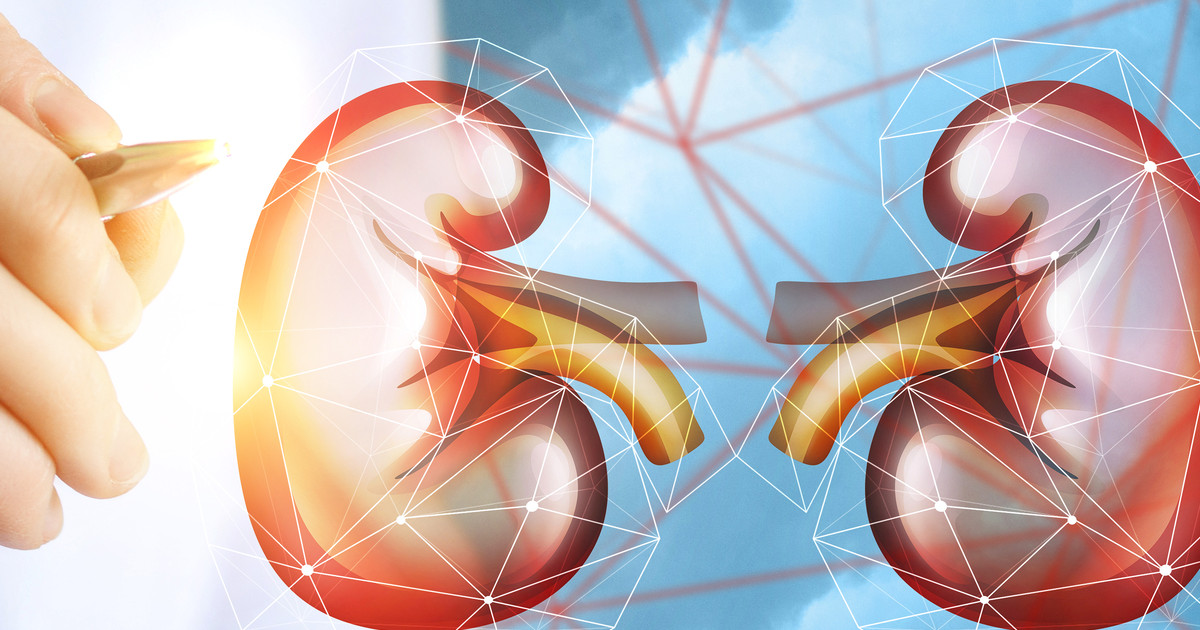Understanding Colchicine
Colchicine, which is extracted from crocuses, is a medication for gout. It reduces the buildup of uric acid in the joints! Patients take it orally for pain during a gout attack or to prevent future attacks. Most adult patients take 1.2 milligrams when a flare begins. They will take 0.6 milligrams each day when they are using this medication as a prevention method. Certain patients need two of these doses a day. Of course, some patients need a lower dose. They are seniors and those with kidney damage!
As stated, this prescription is a gout treatment! It offers immediate gout pain relief to many patients. Of course, there are alternatives to this gout medicine! Many individuals try gout supplements or herbal medicine for uric acid before they take colchicine tablets. However, patients must understand how this medication works before their doctor will prescribe it as the best treatment for gout.
How It Works

Colchicine is a common and strong gout medication. It stops inflammation and changes how an individual's body deals with uric acid. This medication binds to tubulins. These are proteins! When this happens, the medication stops the assembly of microtubules, which are what help cells keep their shape. They help regulate cell division as well as chemokine and cytokine secretion. Evidence shows that this medication is effective because it blocks tubulins! It also stops neutrophils from moving in specific ways. This has a direct effect on the uric acid crystals linked to gout!
Continue reading to reveal the uses for this medication next.
Uses

It is clear that this medication treats gout! Specifically, it is approved for gout flares in adults. Some brands of this medication even help prevent future gout attacks. Colchicine also treats familial Mediterranean fever. Of course, patients must be at least four years old to take it! In this condition, this medication prevents chest, joint, and abdominal pain. Some Behcet's syndrome patients will take colchicine for redness, swelling, and pain.
This medication also has 'off-label' uses. Examples include coronary artery disease, pericarditis, and certain forms of cirrhosis! Other ones are pseudogout and Paget's disease. This medication even helps prevent post-pericardial syndrome.
Discover this medication's side effects next.
Side Effects

Of course, colchicine has many side effects! Examples of the most common ones are nausea, diarrhea, pain in the abdomen, and vomiting. Of course, patients need to call their doctor about these side effects. Less common side effects include fever, chills, headaches, blood in urine, and blood in stool. Another less common side effect of colchicine is difficulty breathing while exercising!
Patients will see skin changes on this medication as well. Examples of skin side effects are burning or crawling sensations, hives, peeling, and redness. Additional side effects of this medication include a sore throat, finger or toe numbness, and sores on the lips or in the mouth. These sores also appear as white spots! Patients need to call their doctor right away when they have infection symptoms or see a gray or pale color on their tongue, palms, or lips.
Get the details on the precautions for this medication next!
Precautions

Patients must review their medical history with a doctor before taking colchicine. This medication is often unsafe for individuals with liver or kidney disease! Other medical issues that cause problems with this medication are heart and digestive system problems. Pregnant women and those who breastfeed cannot take this medication either! In fact, women are typically prescribed this medication only when they are using contraception. Men taking this medication often deal with reduced fertility. Patients with blood problems often cannot take colchicine. These issues include low white or red blood cells, low platelets, and bone marrow function problems! Patients with these issues are at a much higher risk of bruising when they take this medication! Their infection risk increases as well.
Patients need regular blood tests while they take this medication. They also have to avoid sick individuals when they deal with side effects like a decrease in white blood cells or platelets. These individuals also have to stop playing contact sports! Another major precaution is to stop eating grapefruit. Drinking grapefruit juice is also not allowed. This is because grapefruit increases colchicine in the patient's body. Ultimately, this increases side effects! Thankfully, patients have the ability to take this medication with some food or without food. Of course, taking it with food reduces discomfort in their stomach!
Uncover information on the medication interactions next.
Medication Interactions

Colchicine interacts with over two hundred other medications. This is precisely why patients must review their current medications with their doctor first. They also need to talk about the supplements and over-the-counter drugs that they take! Reviewing their medications helps doctors avoid these interactions. Pharmacists will review them as well. Of course, patients cannot take new medications while on colchicine without discussing it with their doctor first! They cannot stop taking current ones either.
This medication interacts with macrolide antibiotics and azole antifungals. More interactions happen with HIV drugs, verapamil, and diltiazem. Many patients need adjusted doses, and others will require alternative medication!